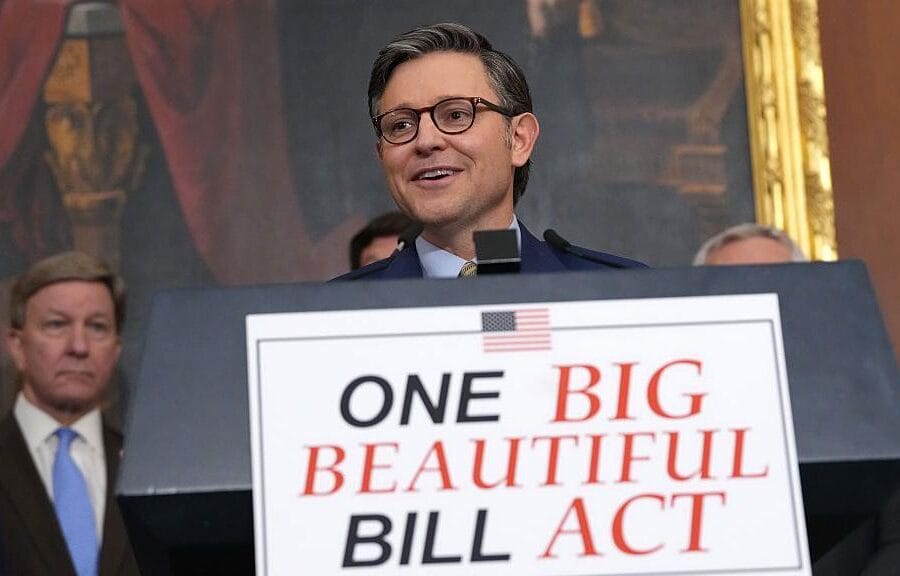By Rebecca Mastee
AUL Spring 2009 Extern
Consider Elizabeth, a twelve year old girl living in Pennsylvania, a state which has enacted a number of common-sense and protective regulations on abortion. With parental consent and other requirements within her state, one would believe that Elizabeth is protected from the dangers inherent in abortion. However, if the United Nations Convention on the Rights of the Child is ratified, under international law, these protections would be imperiled. Elizabeth’s parents would no longer be able to protect her. They would not be permitted to inculcate her with their moral and religious beliefs regarding sexuality; instead, she would be encouraged to make her own “choice” after being exposed to mass media, popular culture, and instructional programs allegedly designed to promote her social and moral well-being. If she were to consider an abortion, her parents would not be entitled to receive any information about it because to do so would violate her “right to privacy.” Moreover, unfettered and direct access to contraception — without the “inconvenience” of involving her parents — would also be her “right.” Thus, it is not surprising that Senator Barbara Boxer (D-CA), who also sponsored the Freedom of Choice Act (FOCA) and other extreme abortion-related measures, recently stated she will call upon Secretary of State Hillary Clinton to review the United Nations Convention on the Rights of the Child (UNCRC) and recommend it to the Senate for ratification. She wants the review completed by early April. Senator Boxer claims that UNCRC is needed to protect “the most vulnerable people of society.” Yet although the convention originated 20 years ago, the United States has never before found it necessary to ratify it or to implement its vague standards into American law.
Under Article VI of the United States Constitution, all treaties made “shall be the supreme Law of the Land.” Therefore, ratification of the UNCRC will make the document binding under American law and it would supersede any relevant, existing federal or state laws. This will also ultimately limit United States sovereignty by placing American family law and parental rights under international regulation and scrutiny.
The United States and Somalia are the only two countries that have yet to ratify this ticking time bomb. The Convention’s vague standards are troubling and establish the primary basis for why it should not be ratified. As it stands, the UNCRC could be used to establish a “right” to abortion and contraception for our children, based upon international human rights, where the government and international “consensus” would be the sole arbiters of what is in the best interest of children. In fact, Article 43 of UNCRC appoints a committee of ten “experts” from nations which are party to the UNCRC to interpret the convention and report its suggestions and recommendations for each party nation to the United Nations General Assembly.
One example of current international interpretation of the UNCRC is seen in International Planned Parenthood Federation’s (IPPF) Declaration on Sexual Rights. This controversial document consistently refers to the UNCRC as a source for its general principles. The Declaration proclaims that “[u]niversal, interrelated, interdependent, and indivisible, sexual rights are a component of human rights. They are an evolving set of entitlements that contribute to the freedom, equality and dignity of all people.” In particular reference to children, IPPF’s Declaration’s General Principle 2 states that “[t]he rights and protections guaranteed to people under age eighteen differ from those of adults, and must take into account the evolving capacities of the individual child to exercise rights on his or her own behalf.” With this liberal philosophy, it could likely be argued that anything a child wants could fall within his “best interest. ” This is contrary to traditional standards of childrearing where parents determine what is in their child’s best interest.
UNCRC Article 6 also recognizes that “every child has the inherent right to life.” However, this is very deceptive phraseology. This language has been interpreted to provide for unfettered access to abortion. This so-called “right to life” has also been determined to require abortion if a woman’s health would be at risk from an unsafe, illegal abortion since the international community consistently perceives legal abortions to be safe, ignoring the mounting evidence to the contrary.
More explicit in its proclamation for female health services, including abortion and contraception, is the UNCRC’s Article 24. It requires recognition of “the right of the child to the enjoyment of the highest attainable standard of health…” where “[p]arties shall strive to ensure that no child is deprived of his of her right of access to such health care services.” In the international community, “health care services” is understood to include unrestricted and under-regulated abortion on demand and contraception.
In fact, these same tactics — vague language and liberal interpretation — were similarly utilized by the U.N. Convention on the Elimination of All Forms of Discrimination Against Women (CEDAW) to coerce countries into legalizing abortion. The term “abortion” is never once written into or referred to in CEDAW. However, its vague terminology has been interpreted by many in the international community to include abortion on demand. In particular, Article 12 states in part that “to eliminate discrimination against women in the field of health care,” women must be provided “access to health care services, including those related to family planning.” The terms “health care services” and “family planning” have been widely interpreted (by the U.N. and other international bodies) to include abortion on demand and access to contraception.
If the Convention on the Rights of the Child is ratified, not only will it require abortion and contraceptive “health care services” be provided to our children, but it will do so without the consent of parents. Article 16 of the UNCRC provides for a right to privacy, with which no one shall interfere, including parents.
Further, children will be indoctrinated by the mass media without parental restrictions. Article 17 commits that parties “shall ensure the child access to information and material from a diversity of national and international sources, especially those aimed at the promotion of his or her social, spiritual and moral well-being and physical and mental health.” Importantly, Article 13 provides for a child’s freedom of expression and the right to receive information through any media of the “child’s choice,” thus proscribing parents and others from limiting access to injurious and objectionable material.
Not allowing parents to pass on moral or religious beliefs, but rather turning over sensitive issues of formation to the state, the international community, and media will have obviously devastating effects. The United Kingdom (UK) provides a prime example of this negative impact. The UK government is advocating children choose their own morals regarding sexuality. A government-issued pamphlet entitled “Talking to Your Teenager about Sex and Relationships” encourages parents not to convince their children about what is right or wrong because this will discourage them from being open to all views on sexuality and relationships. British-based social researcher Dr. Patricia Morgan noted that with the program, “[p]arents are not allowed to know if their child is being given contraception or getting an abortion. But they are being told to teach their children about sex in a manner dictated by the State.”
Although President Bill Clinton signed UNCRC in 1995, it has not been ratified, therefore, Americans and our laws are not currently under its auspices. More importantly, it should not be ratified, as it will hand United State’s national sovereignty over to an International Committee to decide what is in the “best interest” of our children.




